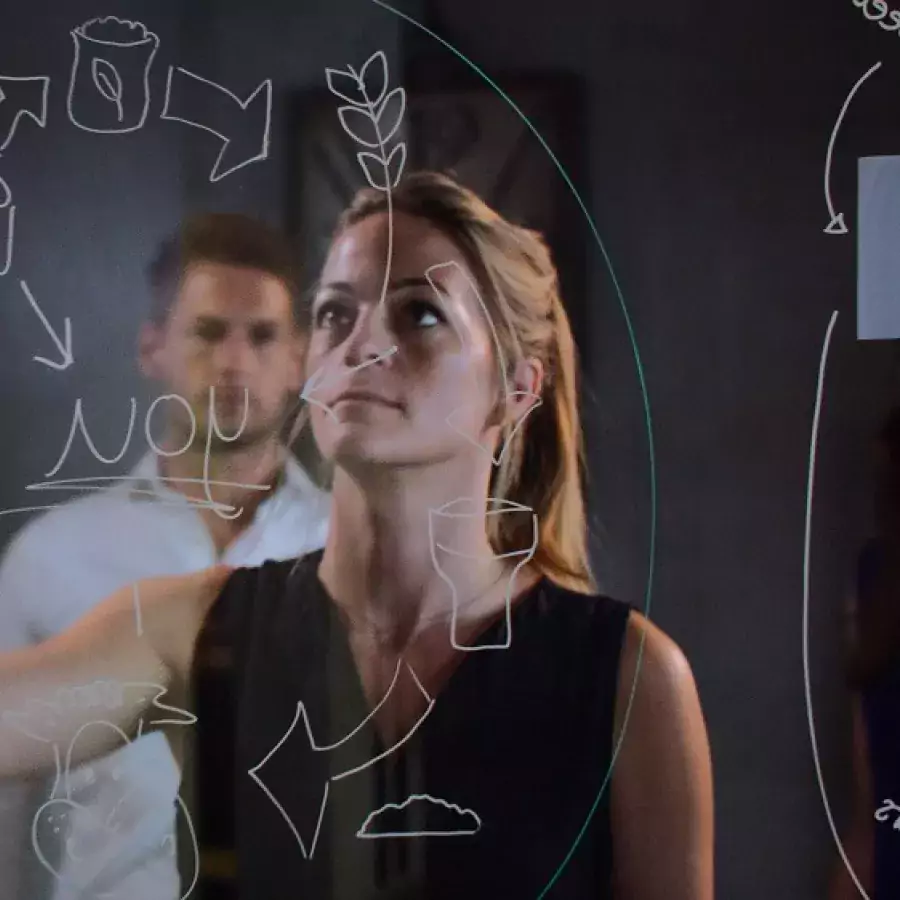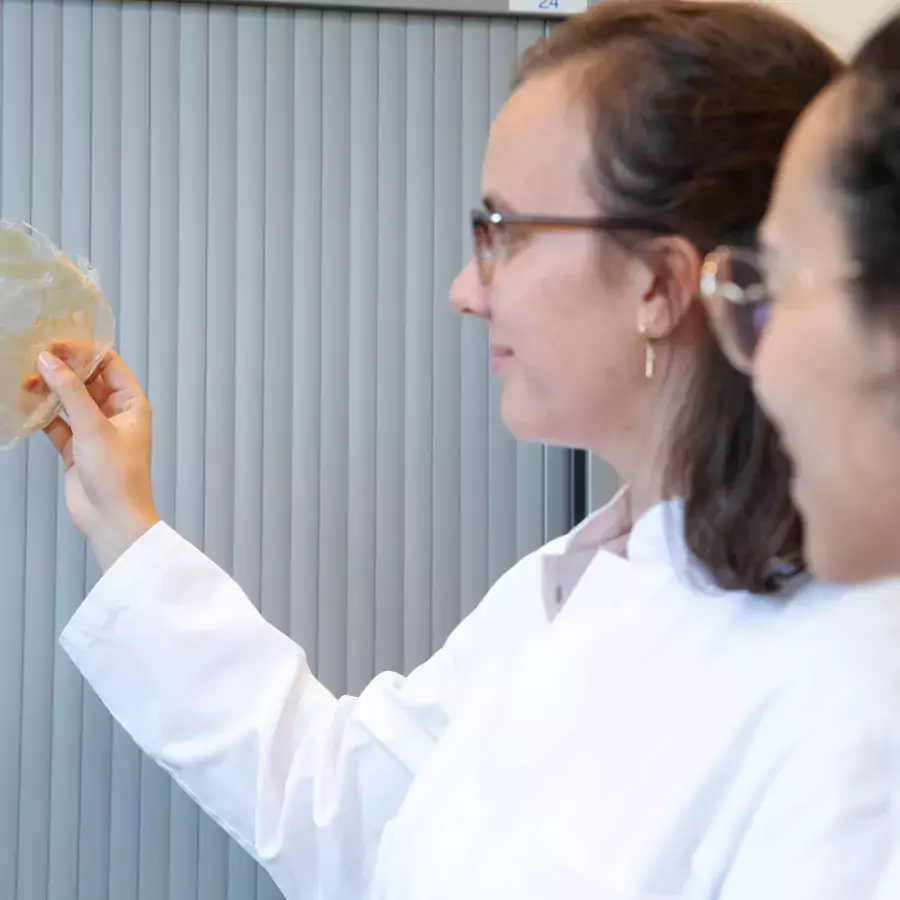The Seventh National SDG Report "Netherlands Develops Sustainably" was published in May. This report provides insights into the progress toward achieving the Sustainable Development Goals (SDGs) by 2030.
The SDGs are seventeen goals agreed upon by 196 countries within the United Nations to make the world a better place by 2030. They were launched in 2015. With the target year of 2030 approaching, we are halfway through the period, and the goals remain a robust and relevant framework for addressing current societal challenges.
The successive crises, including the COVID-19 pandemic and the war in Ukraine, have tremendously impacted the realization of the SDGs. Stagnation and regression in achieving these goals can be observed worldwide, even in developed countries. On the other hand, awareness that things need to change is greater than ever, and there have been numerous sustainable developments in recent years. The report highlights the positive developments and the challenges in this crisis.
Read the full Seventh National SDG Report here (in Dutch).
Through our commitment to a world without waste, we are significantly contributing to two UN Sustainable Development Goals (SDGs): SDG 12, Responsible Consumption and Production, and SDG 17 Partnerships for the Goals. In the European report, the Netherlands scored higher for SDG 12 than the global report. The reason for this is that the European report takes into account the level of circularity in Dutch material usage and the associated low material footprint within the EU. At Looop, we strive for a clean, 100% circular world where waste does not exist. Circularity is the guiding principle throughout our organization. On an annual basis, we valorize approximately two billion kilograms of organic co-products, but we don't want to stop there. Now and in the future, we will continue to seek new ways to further valorize co-products based on the Looop ladder. This is how we aim to increase our contribution to achieving SDG 12.
SDG 17 is about partnerships to achieve the goals. As rightly mentioned in the report, collaboration is a core value of the SDG agenda. All organizations and groups in society have a role to play, with the business sector having a crucial role in accelerating progress. The report indicates that the SDGs are gaining more traction, and the engagement of companies and financial institutions has also grown this year. A cohesive approach to addressing major challenges is increasingly central for governments and other organizations. We invest a lot of energy in establishing and strengthening regional and international collaborations in science, technology, and innovation. We seek new partners and intensify our collaborations with knowledge institutions such as WUR, HAS, and other universities of applied sciences.
A significant (catch-up) effort is still needed to achieve the goals by 2030. However, organizations are actively promoting the transition to a fair, just, and green society and economy in various ways. There is a growing focus on the well-being of everyone and the preservation of our future. The enthusiasm for the integrated vision of sustainable development according to the SDGs continues to spread throughout society, government, and the business sector.
Curious about the impact we make?
Together we are #MovingCirculaityForward








